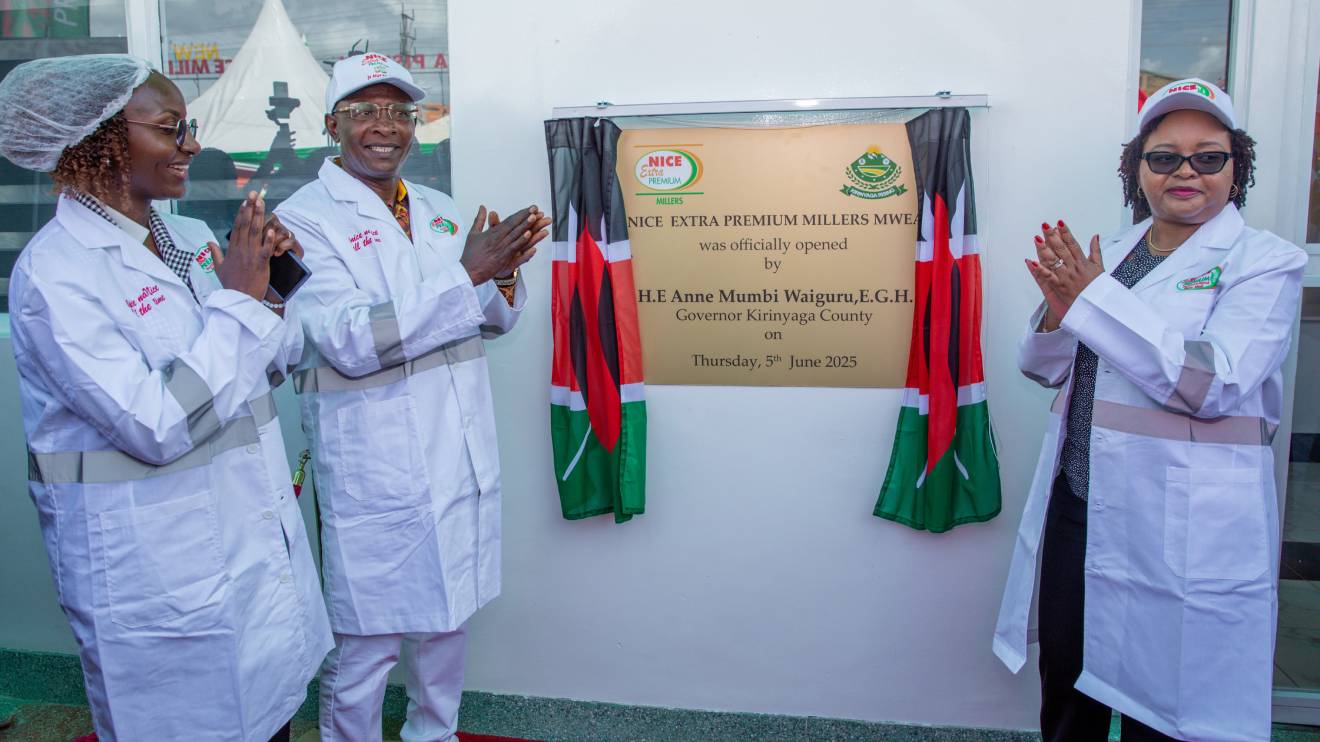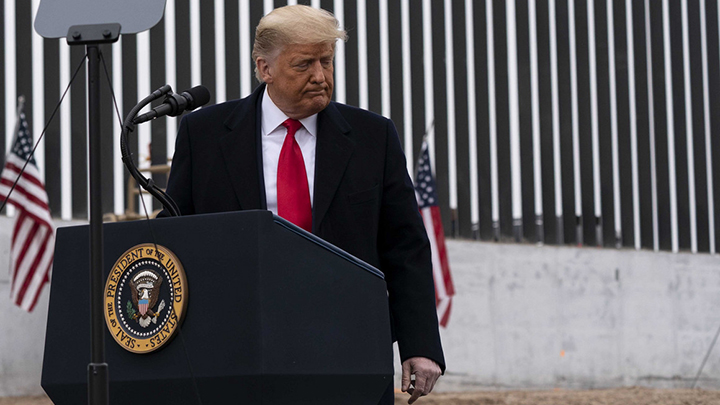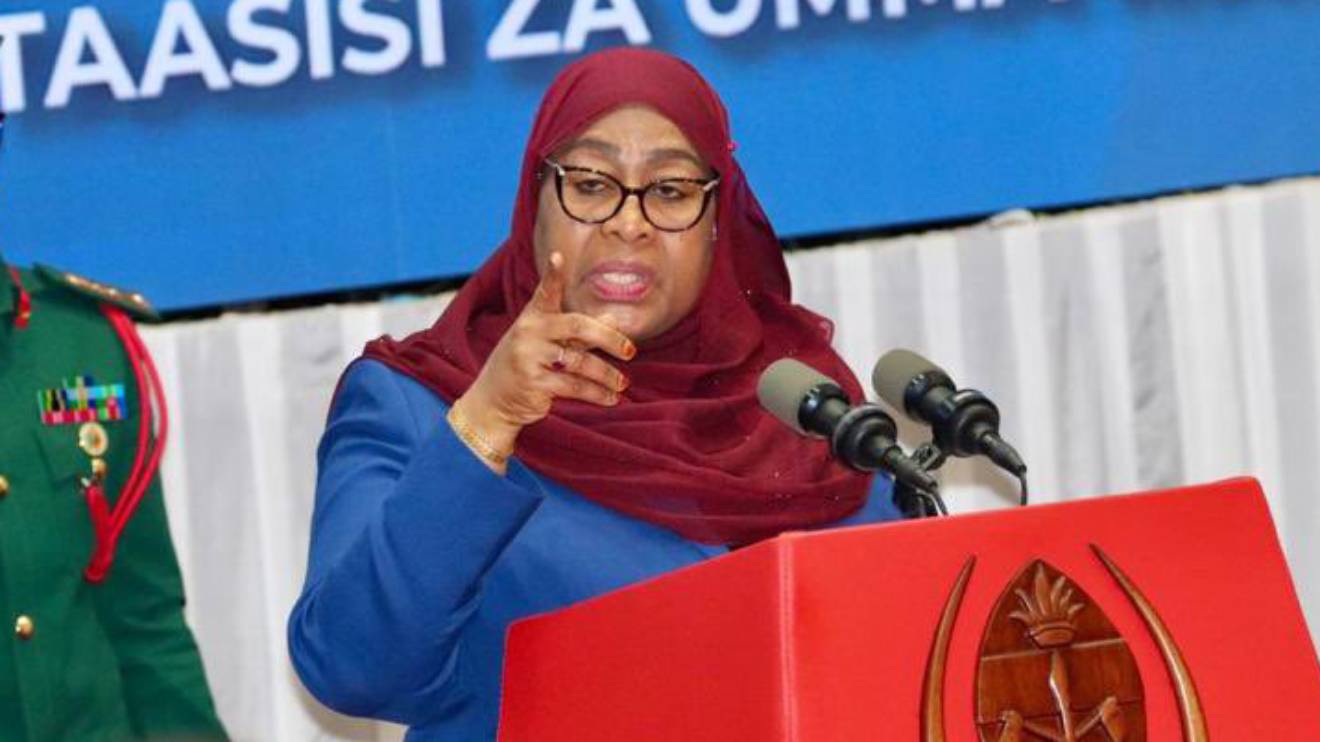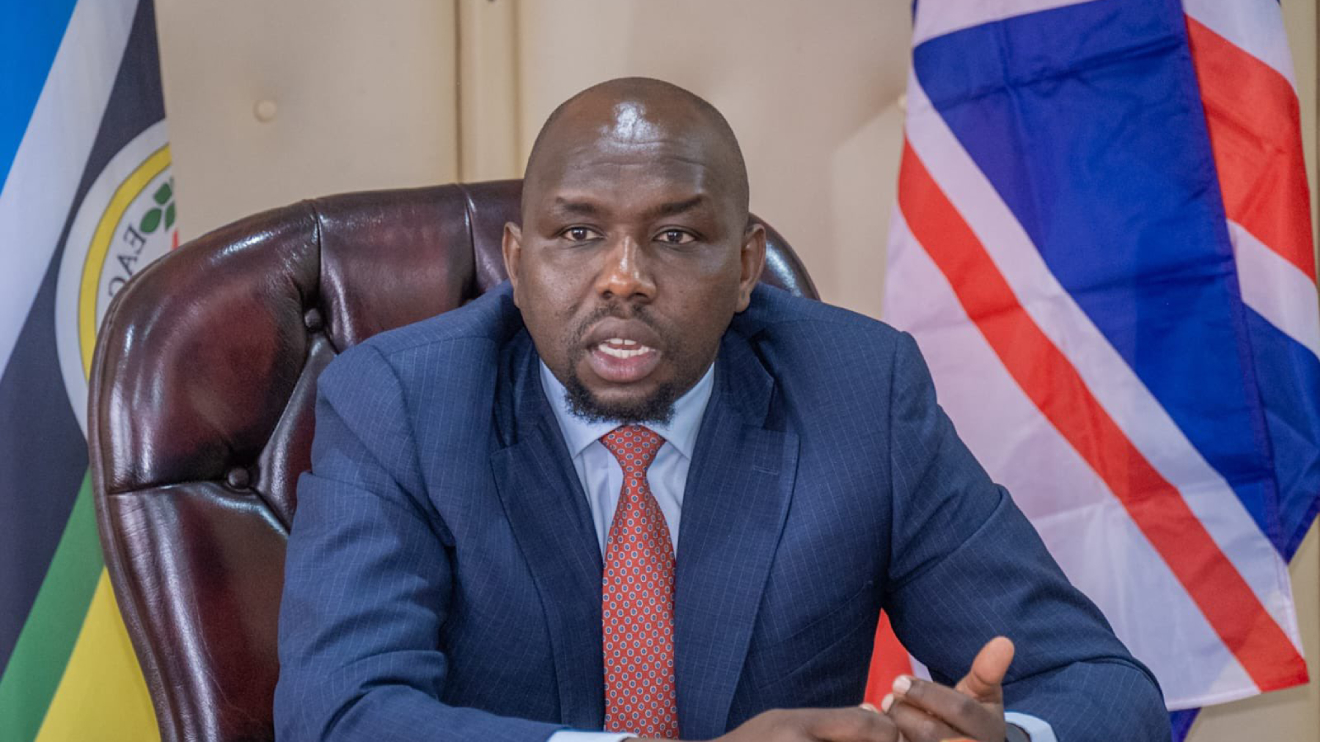A father’s legal challenge over the naming of his daughter has ended in a precedent-setting decision by the High Court, with Justice Hillary Chemitei ruling that both parents must participate in the naming of their child, and neither has the exclusive right to do so unilaterally.
The case, brought before the court by a man identified as CKM, arose from a dispute in which he accused his wife, SW, of naming their youngest child without his consent.
The court heard that the couple, who married in December 2012, have five children together.
CKM alleged that his spouse had refused to consult him when registering the names of their youngest daughter, born in April last year.
In a detailed ruling, the judge directed that both CKM and his wife were to come to a mutual agreement within 30 days regarding the name of their child.
Read More
Should they fail to agree within the stipulated period, the court ruled that the father would then reserve the right to determine the child’s name, with the Registrar of Births and Deaths instructed to make the necessary amendments thereafter.
“The issue of names and naming is a right generally bestowed upon the parents. It is a right which cannot be derogated or transferred to any third party unless otherwise shown,” Chemitei stated.
Court documents revealed that the mother had proposed a blend of a Japanese-origin feminine name along with two Kikuyu names.
The father, on the other hand, wanted a French feminine name, coupled with that of a well-known saint, and a third name to honour his father, citing family tradition.
He insisted that all their children had been named in honour of his father, and feared this one would be excluded if the naming went ahead without his input.
CKM told the court that he had borne the entire cost of the delivery at a Nairobi hospital and was apprehensive that the birth certificate would be issued without reflecting the name of his father.
He argued that his constitutional right and parental obligation to participate in naming the child had been infringed.
Justice Chemitei observed that the matter of naming should reflect the mutual responsibility of both parents, particularly in the evolving contexts of modern parenting, single-parent households, and inter-racial marriages.
The judge cautioned against one parent excluding the other, stating that such actions may have long-term psychological implications on the child.
“For posterity purposes it is understood that within the African culture, unless it is shown to be repugnant, the names and the naming responsibility solely lies with the parents and the same ought to be respected,” the court said.
The judge reiterated that while the mother is the biological parent, she is not entitled to exercise the naming right independently.
“Though being the biological mother, the wife cannot unilaterally take the initiative of naming the child without the consent of the father,” he ruled.
The judgement is expected to have far-reaching implications in future custody and parental rights disputes, reinforcing the notion that both mother and father hold equal rights and responsibilities when it comes to their children.


 (1)-1749230018.jpg)







